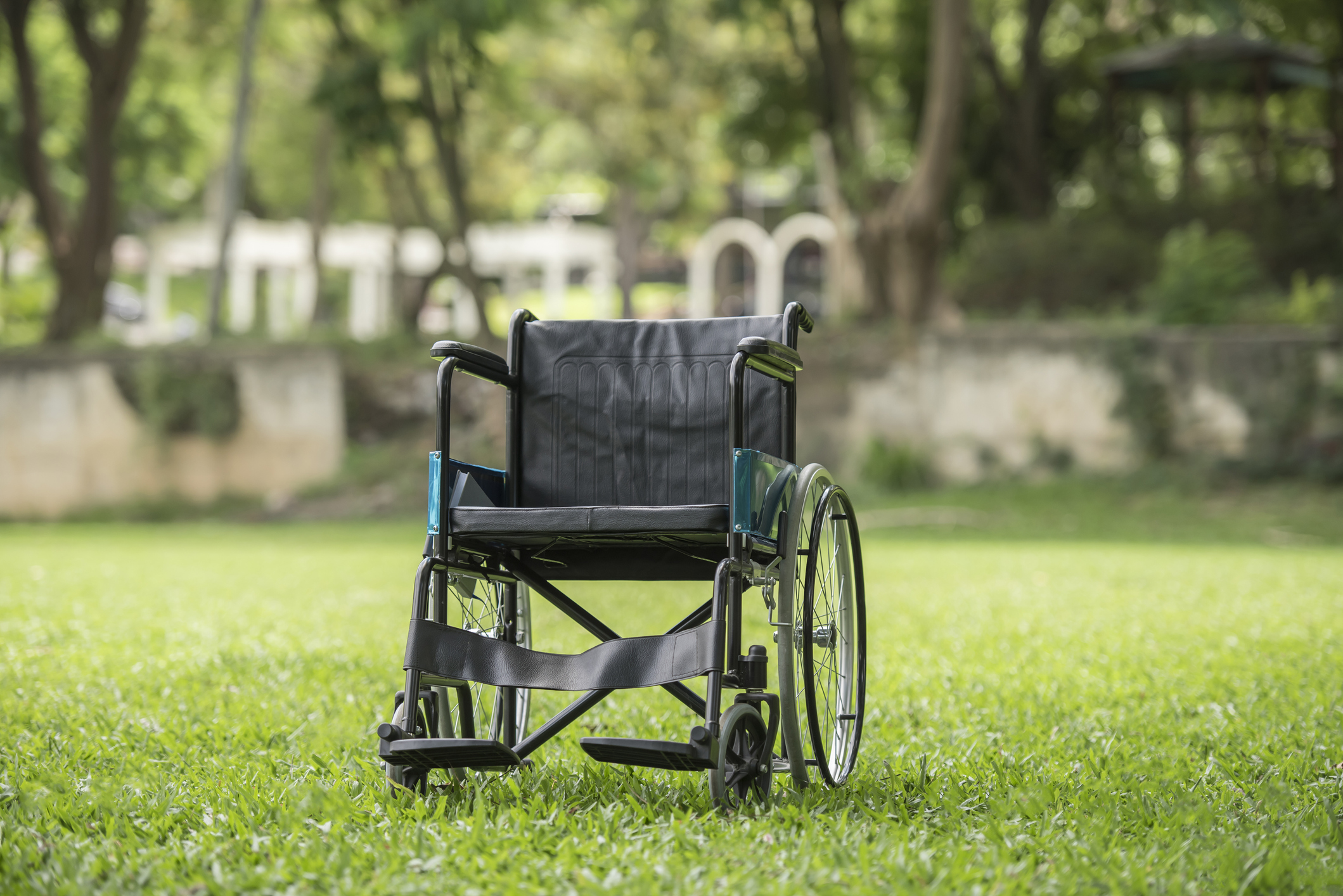It has been well documented how quickly older adults lose physical function following hospitalization or a long illness, and a new study has found that COVID-19 infection doubles the risk for seniors to experience a loss of mobility and function. The research highlights the need for older people to receive physical therapy and rehabilitation services after having mild to moderate COVID-19 to regain lost mobility or a decline in daily function.
According to a recent McKnights Long-Term Care News report, the McMaster University Health Sciences study, published in the JAMA Network Open, examines the outcomes of more than 24,000 middle-aged and older adults with confirmed, probable, or suspected COVID. The study tracked participants’ mobility and function beginning in April 2020, and exit questionnaires were completed in November and December of the same year. Most subjects experienced mild to moderate COVID symptoms and were not hospitalized.
More than a quarter of the participants reported a significant decline in their ability to perform physical activities and 9 percent said they were less able to move around their home – 9 percent also reported a diminished ability to perform housework. Compared with pre-pandemic data, 15 percent reported new difficulty standing up from sitting and 10 percent said they had new trouble walking up and down a flight of stairs without help. Eleven percent of participants reported a new difficulty walking 2 or 3 neighborhood blocks.
The study also found that having three or more chronic health conditions was linked with a loss of mobility and/or a decline in physical function. Socioeconomic status was also associated with a functional decline in older adults recovering from COVID. Researchers suggest that by providing interventions to older adults after COVID-19 infection that will gradually improve physical activity, seniors will be able to regain functional mobility and participate in social and cultural experiences. Social interaction and connection are so important to overall well-being and health, and mobility and physical function are key factors in the ability of older adults to live independently.






Add Your Voice
0 Comments
Join the Discussion